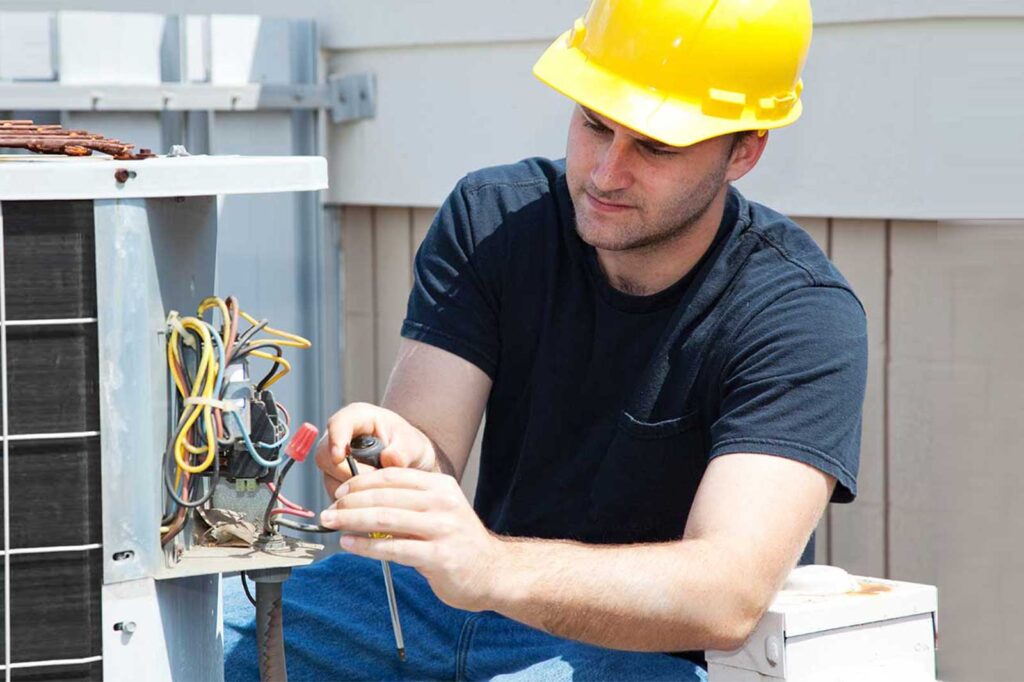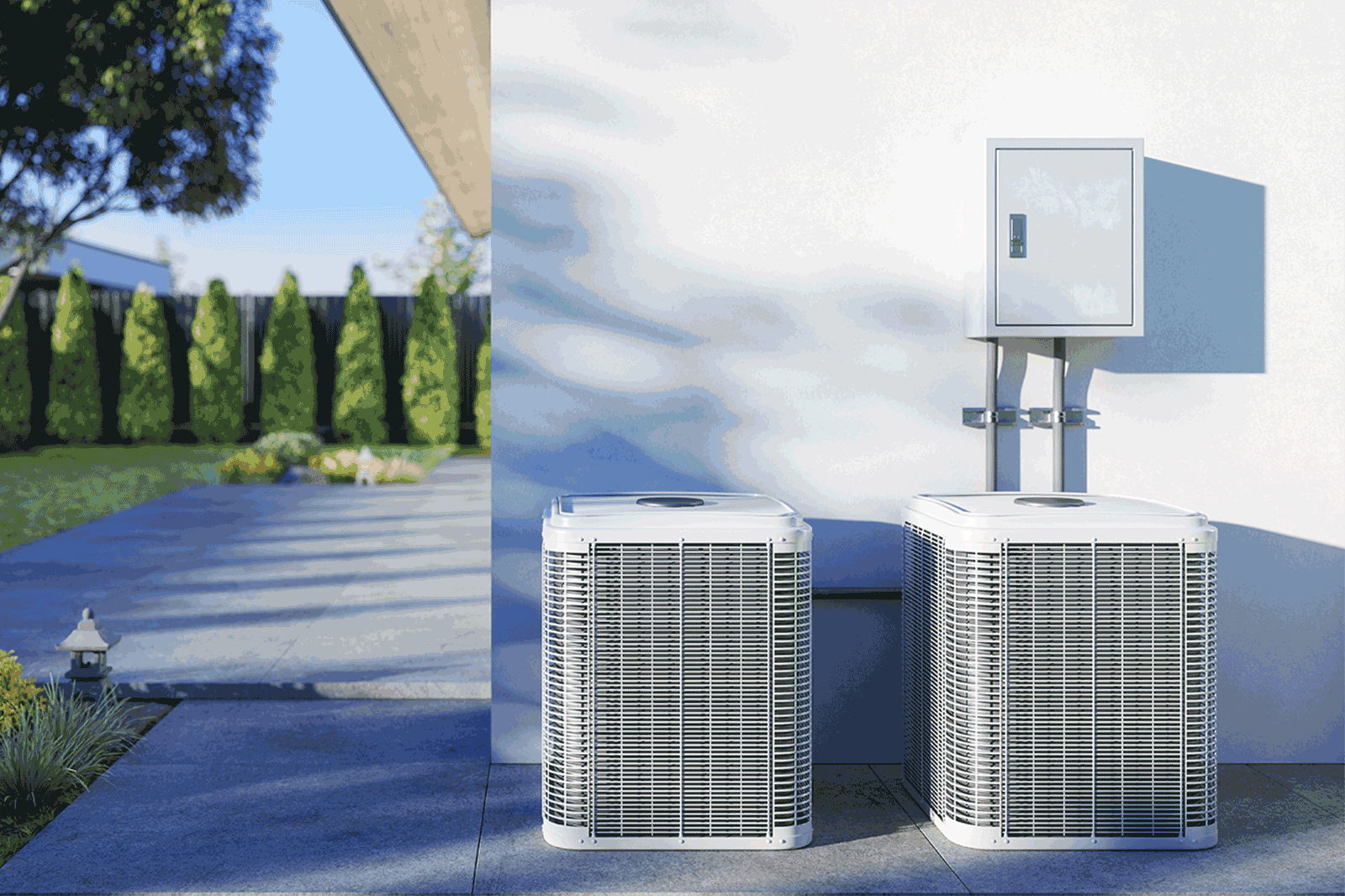AC Condensers: What Do They Do?
When it comes to your HVAC system, one crucial components are often overlooked are the condensers. Despite its relatively inconspicuous appearance, the condenser plays a pivotal role in keeping your home comfortable. In this blog, we’ll delve into what exactly an AC condenser is, how it works, common problems you might encounter, troubleshooting steps, the importance of maintenance, and what it entails.
What is Condenser?
The condenser stands as one of the most vital parts of your HVAC system. It’s responsible for releasing heat absorbed from inside your home to the outside environment. Essentially, it takes the hot air from indoors and cools it down, preparing it for circulation back into your home as refreshing cool air.
How Does a Condenser Work?
The operation of a condenser is quite ingenious yet straightforward. Inside the condenser unit, a refrigerant circulates through coils. As warm air from your home flows over these coils, the refrigerant absorbs the heat, transforming from a gas to a liquid state. The liquid refrigerant is then pumped to the outdoor unit where it releases the heat into the outside air. Once cooled, the refrigerant returns indoors to repeat the cycle.
Possible Problems with Condensers and Their Consequences:
Like any mechanical component, condensers can encounter issues over time. Common problems include refrigerant leaks, dirty coils, electrical malfunctions, and mechanical wear and tear. A faulty condenser can lead to reduced cooling efficiency, increased energy bills, and even complete system breakdowns, leaving you sweltering in the summer heat.
Troubleshooting Steps for Condenser Problems
If you suspect an issue with your condenser, there are several steps you can take to diagnose the problem. Begin by checking for visible damage or debris around the unit. Next, inspect the coils for dirt or blockages. Additionally, listen for any unusual noises coming from the condenser, and check the airflow to ensure it is unobstructed. If you’re unsure or unable to identify the problem, it’s best to call in a professional HVAC contractor, such as ACE Service Experts for assistance.
Preventing Condensers Failure Through Maintenance:
Preventive maintenance is key to ensuring your condenser operates smoothly and efficiently. Regularly scheduled maintenance can help identify and address minor issues before they escalate into major problems. Tasks such as cleaning the coils, checking refrigerant levels, inspecting electrical connections, and lubricating moving parts should be performed by a qualified technician at least once a year.
Condenser Maintenance Checklist:

Conclusion
In conclusion, the condenser plays a crucial role in the operation of your HVAC system, helping to keep your home cool and comfortable. By understanding how it works, recognizing potential problems, and prioritizing regular maintenance, you can ensure your condenser operates efficiently and effectively for years to come. If you ever encounter issues with your condenser, don’t hesitate to seek professional assistance to keep your HVAC system running smoothly.
Call us today at 314-328-8112 or Request a Service today!

